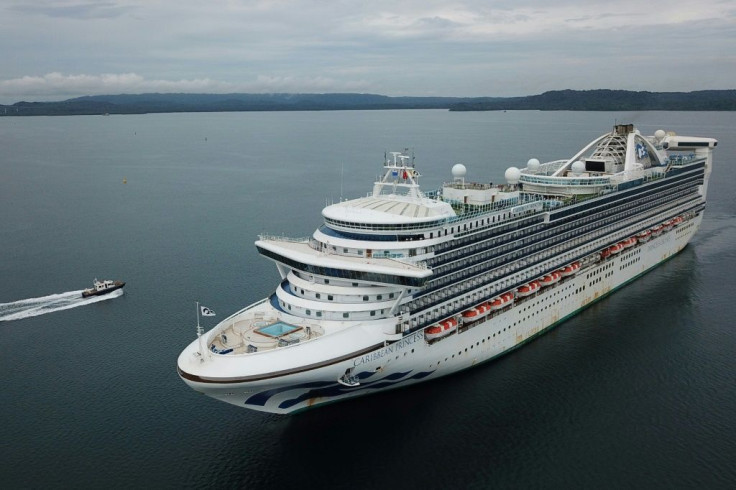Coronavirus At Sea: 42,000 Cruise Workers Remain Trapped On Ships

Cruise ships became one of the first hotbeds for the coronavirus outbreak. According to the Miami Herald, after three months, at least 42,000 cruise ship workers remained stranded at sea, many without pay, and some while suffering from COVID-19.
Most of these workers have become trapped in the complicated and drawn-out process of repatriation, with one Royal Caribbean employee having to transfer between three ships and deal with four canceled flights and a flight malfunction.
Complicating this issue is the fact that several Caribbean countries have refused to accept ships due to fear of spreading coronavirus. Cruises had a significant impact on the spread of the disease in the region, with around half of Trinidad and Tobago’s cases coming as a result of their passengers. Only Barbados has allowed workers to return to their home countries from its airports.
The situation has led some to call for a reappraisal of the relationship between Caribbean governments and the cruise industry.
“This pandemic will force us to ask some fundamental questions about how we do business,” said Alfred Sears, a former member of the Bahamian Parliament. “There ought to be a more balanced relationship.”
In 2018, the Bahamian government collected $54.2 million from cruise line fees, in exchange for paying $12 million in incentives to get the companies to bring passengers to their shores.
© Copyright IBTimes 2025. All rights reserved.





















